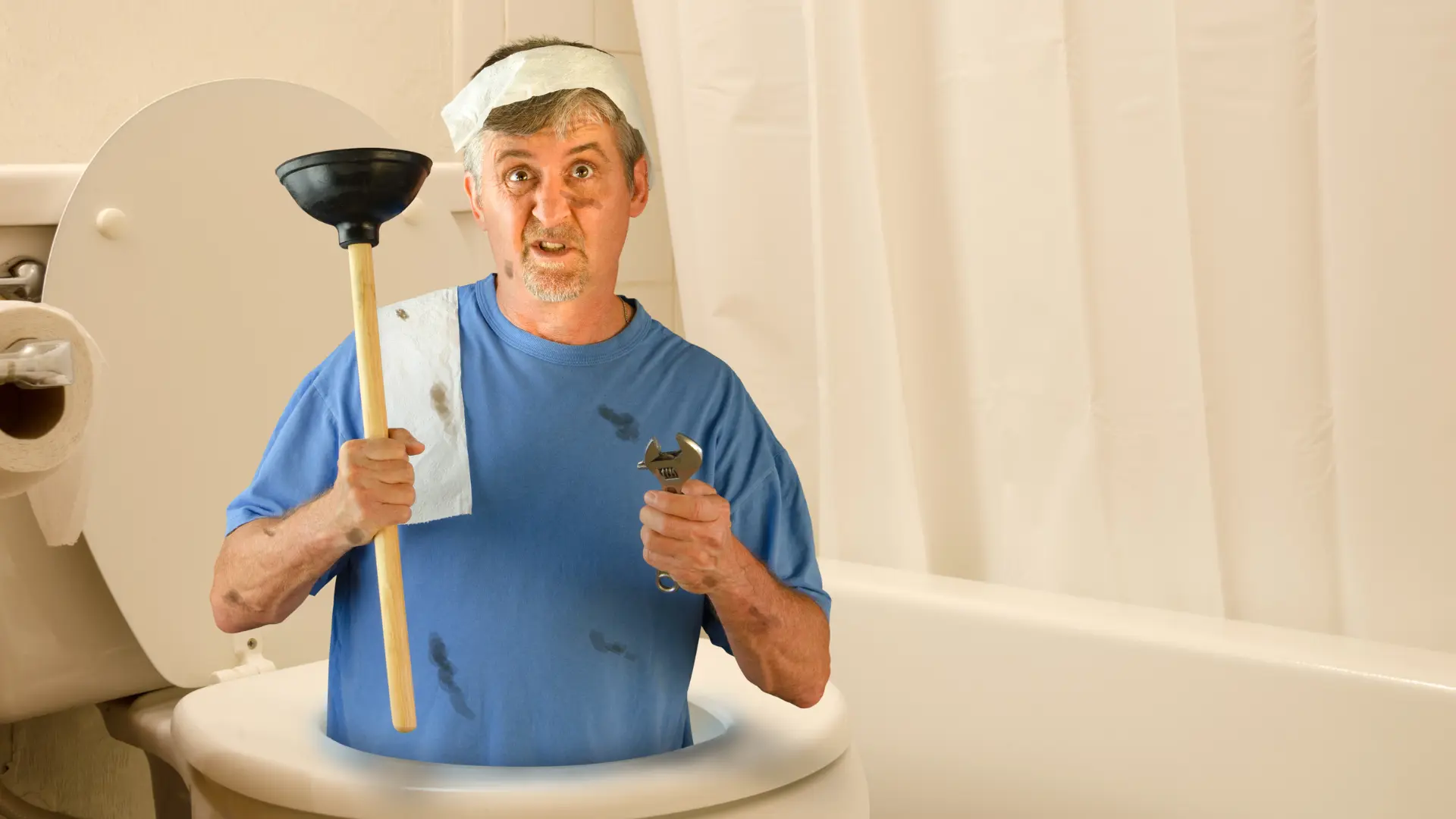Regular maintenance of your plumbing system is one of the best methods to save money on plumbing repairs. By adopting preventative actions, you can help to keep small problems from becoming major, and costly, issues.
Check for leaks
One of the most important components of plumbing maintenance is inspecting your pipes and fixtures for leaks on a regular basis. This can be as simple as strolling about your house checking for signs of water damage, such as water stains on the ceiling or walls, or mold or mildew growth.
A water meter can also be used to detect leaks. Turn off all water-using appliances and fixtures before checking the water meter. If the meter continues to move, this could indicate a leak.
Even a minor leak can waste a substantial amount of water, increasing your monthly water cost. A leak might also cause damage to your property, such as warped floors or mold growth.
These problems can be costly to repair and can even be hazardous to your health. By checking for leaks on a regular basis and repairing them as soon as they are discovered, you can help to avoid costly repairs and safeguard your health in the long run.
A professional plumber should be consulted if you suspect a leak. They will have the necessary tools and knowledge to locate the source of the leak and propose a method to repair it. A simple repair, such as tightening a fitting or replacing a damaged gasket, may be sufficient to stop a leak in some circumstances. In more severe cases, the entire pipe may need to be replaced. The cost of fixing a leaking pipe is determined by the location and severity of the leak, as well as labor and material costs. You can help prevent more damage and save money on repairs by fixing leaks as soon as they occur.
Avoid harsh chemicals
Another critical part of plumbing care is to avoid using harsh chemicals to unclog drains. These chemicals can be damaging to your pipes and cause them to deteriorate over time. Furthermore, they can be hazardous to handle and might emit poisonous fumes into your home.
Instead of using harsh chemicals to unclog your drains, try utilizing a plunger. A plunger, which employs suction to remove clogs, can be as effective as chemical drain cleaners.
If a plunger does not work, you might try a DIY vinegar and baking soda combination to unclog your drains. Pour the same amount of vinegar and baking soda down the drain to utilize this approach.
The vinegar and baking soda will react to form bubbles, which will aid in the removal of the obstruction. Allow the mixture to settle for a few hours before flushing the drain with hot water. This natural approach is less harsh on your pipes and far safer to use than chemical drain cleaners.
Quality plumbing fixtures
Investing in high-quality plumbing fixtures is also a good idea. This includes fixtures such as faucets, shower heads, and water heaters. While these are more expensive up front, they are less likely to have problems and last longer, thus saving you money on repairs and replacements in the long term.
Conclusion
Checking for leaks, limiting the use of harsh chemicals, and investing in high-quality fixtures can all assist to keep minor issues from becoming major, and costly, problems. This can ultimately save you money on plumbing repairs while also protecting your home’s health and safety.



